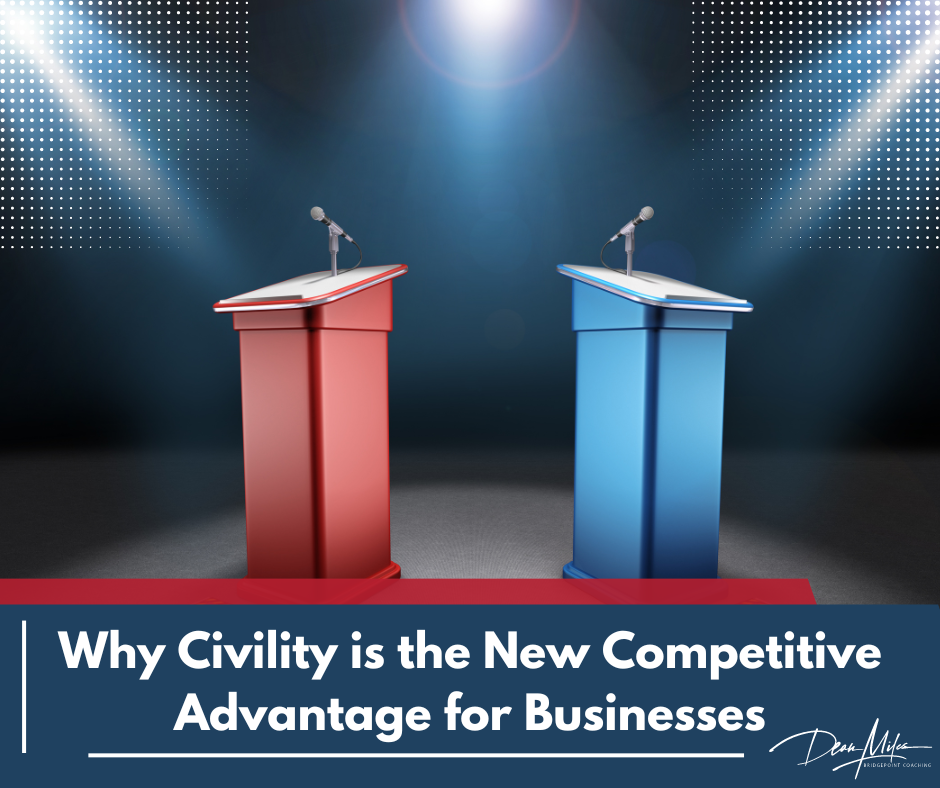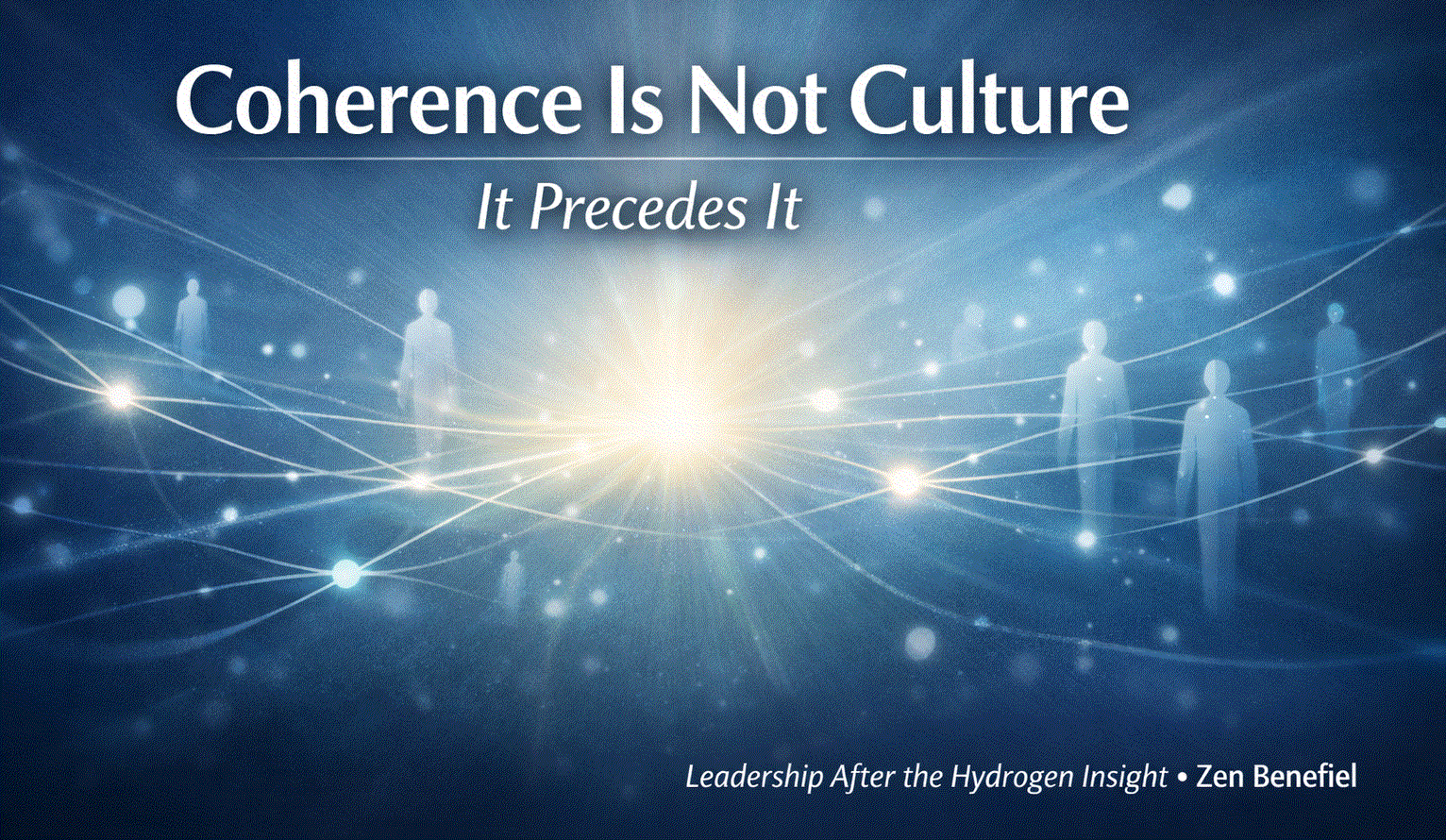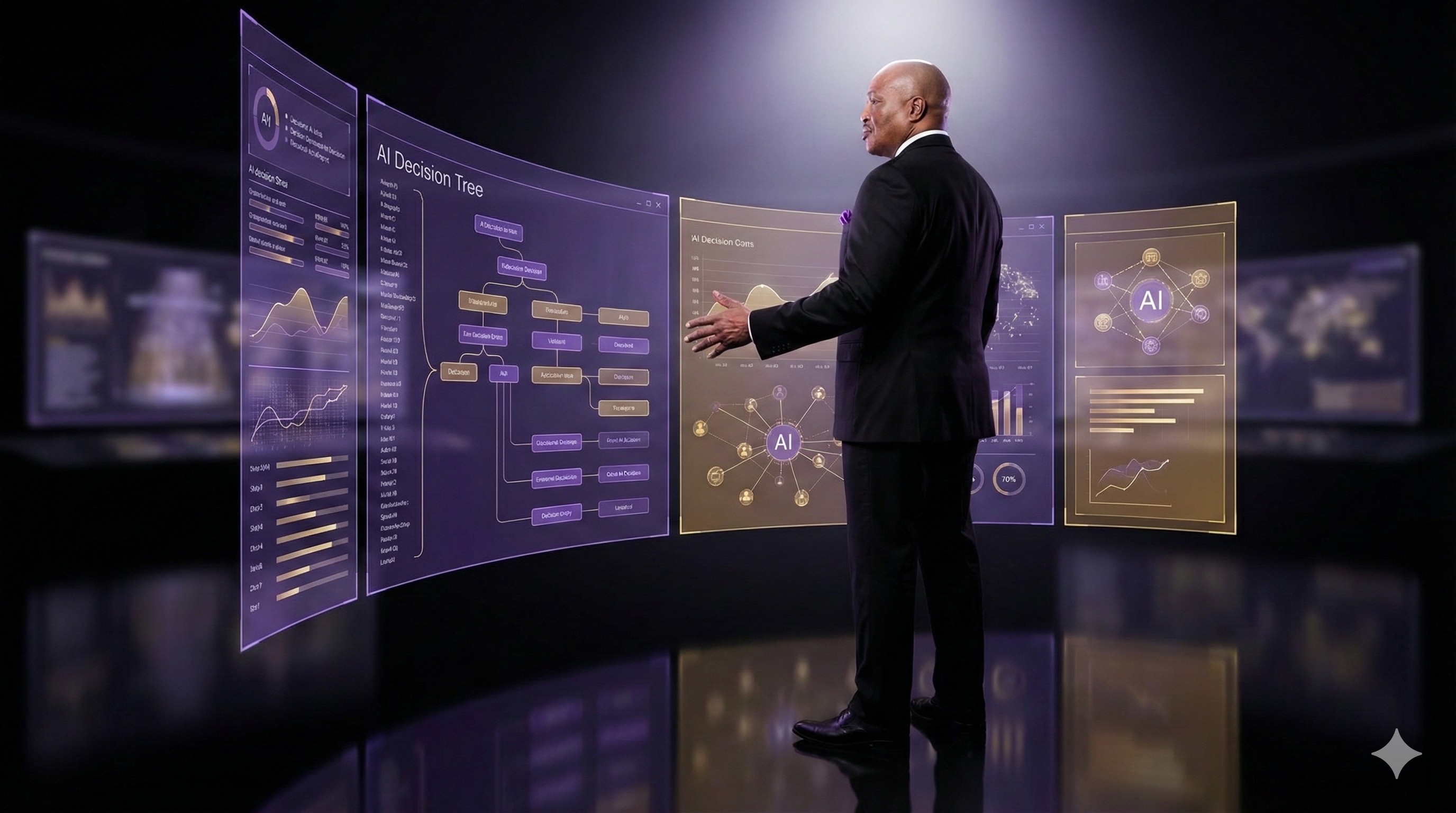Mar13

As leaders, we are often called upon to address the state of public discourse in our communities, organizations, and beyond. The word "civility" has become a lightning rod in recent years, appearing everywhere from Twitter to The New York Times. But what does it mean to be civil, and how can we ensure that our conversations are respectful and productive?
One thing is clear: the need for civility has never been greater. As we navigate an increasingly polarized world, it's more important than ever that we treat each other with respect and empathy. This means listening actively, seeking to understand different perspectives, and engaging in constructive dialogue rather than resorting to name-calling or other forms of ad hominem attacks.
But being civil is not always easy. It can be tempting to lash out in anger or frustration when disagreeing with someone, especially when the stakes are high. And it's not always clear when civility is a duty and when it might be a trap.
As leaders, we must be thoughtful about how we approach these issues. We must be willing to listen to all sides of a debate and to engage in respectful disagreement when necessary. We must also be willing to hold ourselves accountable for our behavior, modeling the kind of civility and empathy we hope to see in others.
So what can we do to prepare ourselves for these challenges? First, we must be willing to learn. We must educate ourselves about the issues at stake and about the perspectives of others, even when we disagree with them. We must also be willing to challenge our assumptions and biases, recognizing that we can all make mistakes.
Second, we must be willing to practice. Civility is a skill that must be cultivated, and the more we engage in respectful dialogue with others, the better we will become at it. This means seeking out opportunities to have difficult conversations, even when uncomfortable or inconvenient.
Finally, we must be willing to lead by example. We must model the kind of behavior we hope to see in others, treating everyone with respect and empathy even when we disagree with them. And we must hold ourselves and others accountable for upholding these values, creating a culture of civility and respect that extends far beyond our own immediate circles.
In short, being a leader in a polarized world means being willing to engage in respectful dialogue, even when it's uncomfortable or inconvenient. It means modeling the behavior we hope to see in others and holding ourselves and others accountable for upholding these values. And it means being willing to learn and practice the skills of civility so that we can build a more productive, respectful, and empathetic society for all.
By Dean Miles
Keywords: Business Continuity, Coaching, Mental Health
 Coherence Is Not Culture — It Precedes It
Coherence Is Not Culture — It Precedes It Death of the Data Silo
Death of the Data Silo Capital Follows Electrons: How Electrification Is Driving Growth
Capital Follows Electrons: How Electrification Is Driving Growth Execution Is Cheap Now. Experience Is Everything. The BRAVE Upgrade for the Agentic AI Era
Execution Is Cheap Now. Experience Is Everything. The BRAVE Upgrade for the Agentic AI Era The 12 Best Countries for Retirees – Affordability & Taxation
The 12 Best Countries for Retirees – Affordability & Taxation